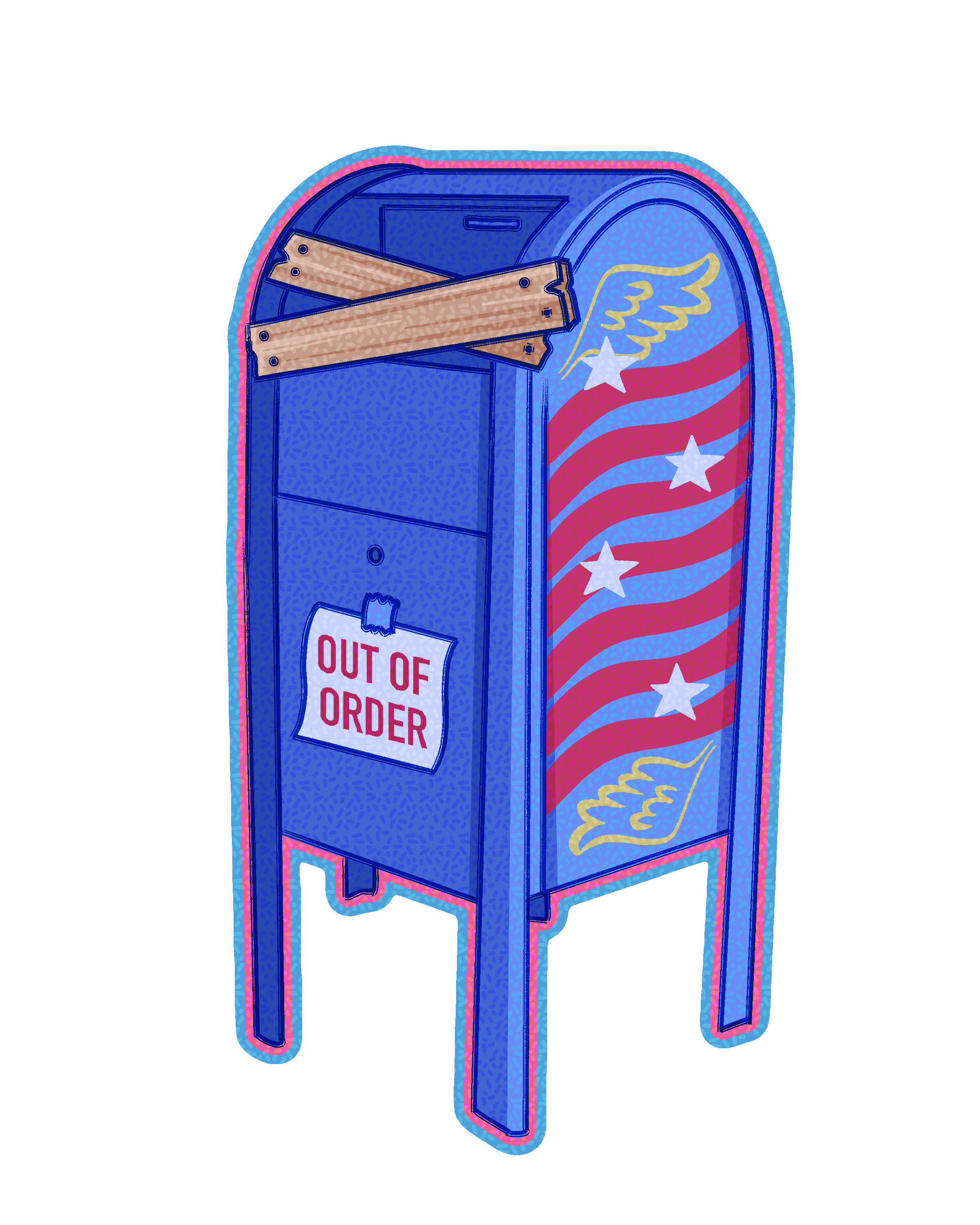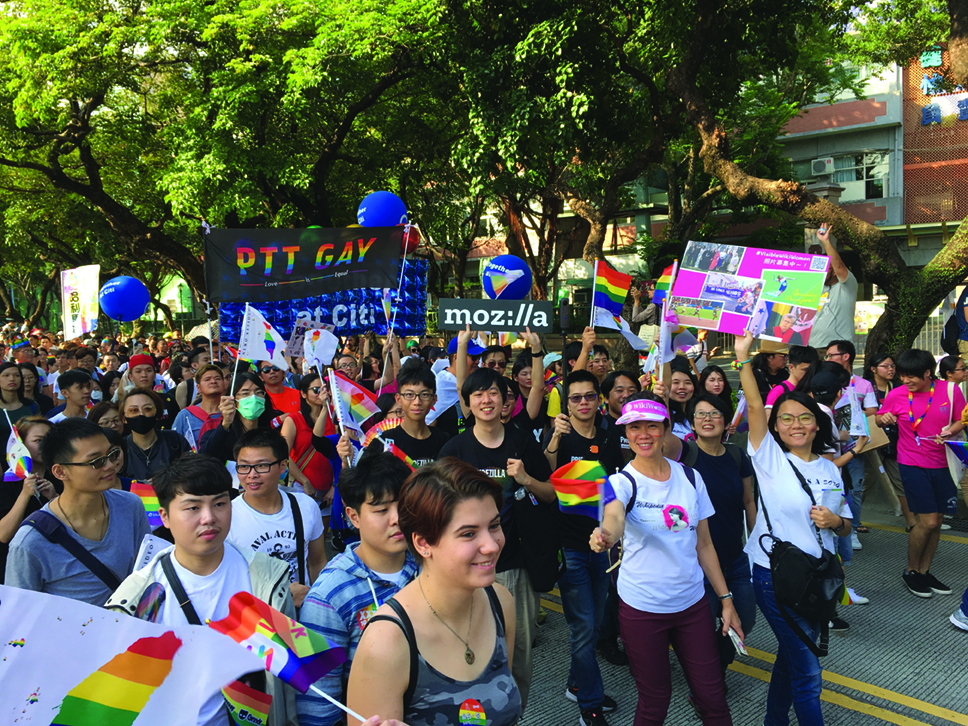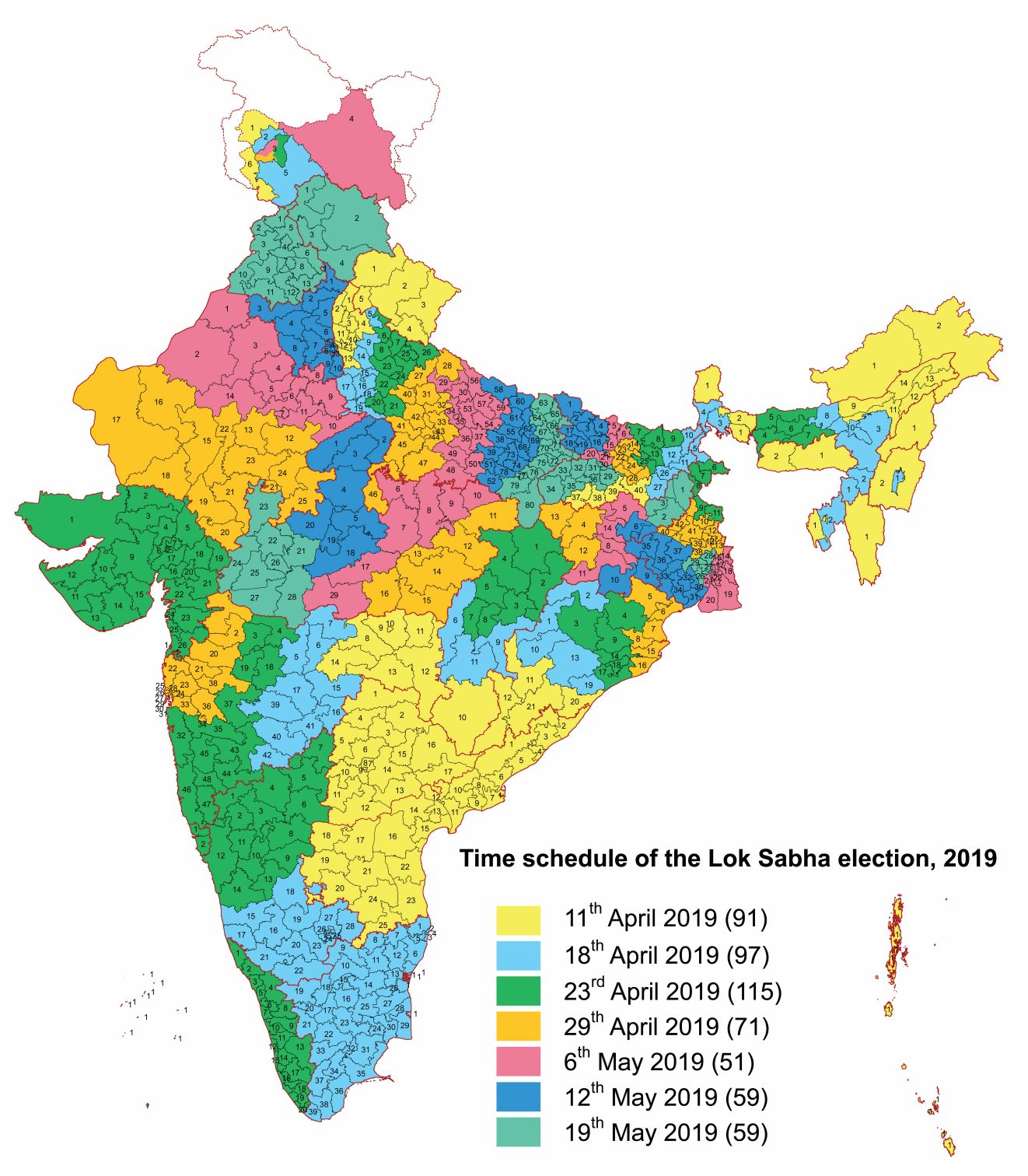With the Nov. 3 election coming up, political campaigns, advocacy groups, universities and even social media platforms are engaging in extensive efforts to increase voter registration and remind people to fill out their ballots.
Clearly, there is concern that too many Americans will once again stay away from the polls, considering voter turnout has hovered around a measly 55% of the voting age population during the last few presidential elections. Low turnout in the United States is probably the result of multiple factors, but one frequently cited is many people are simply disillusioned with politics or don’t think their votes really make a difference.
Considering The Economist estimated each Oregon voter only has a 1 in 390 million chance of being the decisive vote in the 2020 presidential election, it seems fair to ask the question: Does voting even matter?
The answer is yes, and there are at least five reasons for that.
First, voting matters because our ballots are a lot more valuable in local elections. Unlike the presidential race that drew nearly 139 million votes in 2016, many smaller elections are decided by a few thousand votes and therefore our participation is really significant in those contests. Take, for example, the 2020 Portland mayoral election. If Ted Wheeler had received just 1539 more votes in the May primary, there wouldn’t be a run-off between him and his main challenger Sarah Iannarone right now. If you live in a smaller community, some elections are decided by a margin even narrower than that. And not only does your vote count more in local elections, the results of local races also often have more direct impact on our daily lives than federal or state elections.
Second, voting matters because it gives us the power to elevate people into positions of power who support our vision for the future. If you’re part of a movement or a dedicated advocate of a cause, you almost certainly need allies in elected office to see your ideas come to fruition. Although protests, strikes and boycotts can have an impact, most social movement theorists argue there is a time when movements need to institutionalize and have advocates in city halls, statehouses and congressional offices in order to effectively enshrine their vision through policy reform. The civil rights movement, for example, brought former U.S. Representative John Lewis to Congress, who carried the movement’s legacy into the 21st century. Black Lives Matter will most likely gain a seat in the Capitol soon, thanks to Cori Bush, an activist expected to win in Missouri’s first congressional district on Nov. 3. As in protests, numbers empower, and the more people turn out for a particular cause, the better the chance representatives of that cause will attain positions of power where they can change policy.
Third, voting matters because it is our civic duty. No matter your ideology, political participation is key to any democratic system and one of our responsibilities as citizens. While there are many important forms of participation, casting a ballot is the most basic one and the bare minimum we can do to hold state officials accountable, influence how we are governed and bolster our common values. If you have the right to vote, you enjoy a privilege that more than 2 billion people worldwide don’t have. Unlike in other parts of the U.S., it’s also easy and comfortable to vote for most—although not for all—Oregonians, thanks to our universal mail-in voting system. For anyone who gets the ballot delivered to their doorstep, there is no real excuse for opting out of democratic participation.
Fourth, voting matters because—no matter what people say—it does produce change. Most dramatically, we saw this in 2016 when U.S. President Donald Trump shocked people around the world with his surprising election win. Although the Republican Party eventually fell in line behind him, he was certainly not the favorite candidate of the party elites. Instead, it was the Republican base and its votes that propelled him to victory. Yes, a foreign adversary meddled in that election and Trump benefited from a deeply flawed voting system. Nonetheless, by far the most important reason why Trump won was because nearly 63 million people cast their ballot for him. And the Trump presidency has most certainly brought change and disruption to most of our lives.
Lastly, voting matters because this is a time when we need to make a collective statement in support of democracy. The Economist Intelligence Unit already downgraded the U.S. to a “flawed democracy” and this democracy is ever-more eroding in the face of voter suppression and gerrymandering, as well as Trump’s refusal to commit to a peaceful transfer of power and not-so-veiled calls for voter intimidation. Senator Mike Lee recently even said democracy should not be “the objective” of the U.S. political system. Not voting when you can means surrendering to these threats and acquiescing in efforts to silence us. Exercising and therefore reaffirming our right to vote is one important way to show that we, the people, will not relinquish that right.





